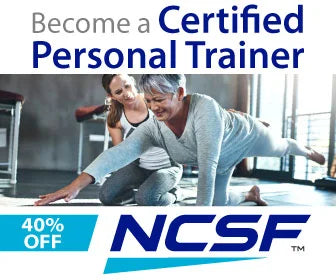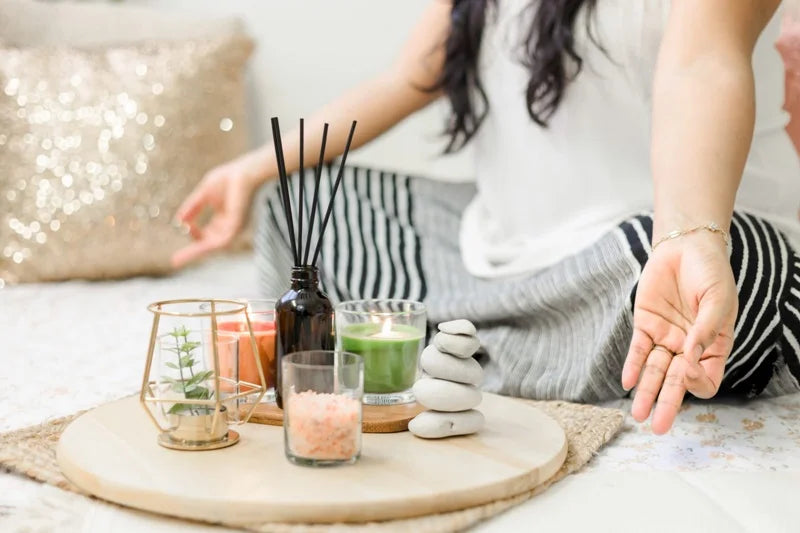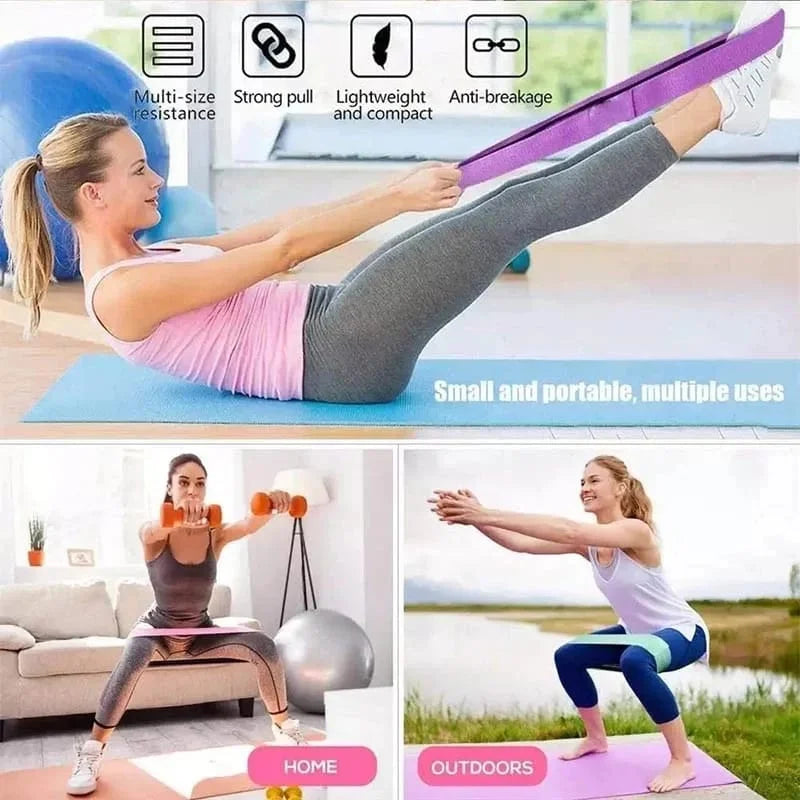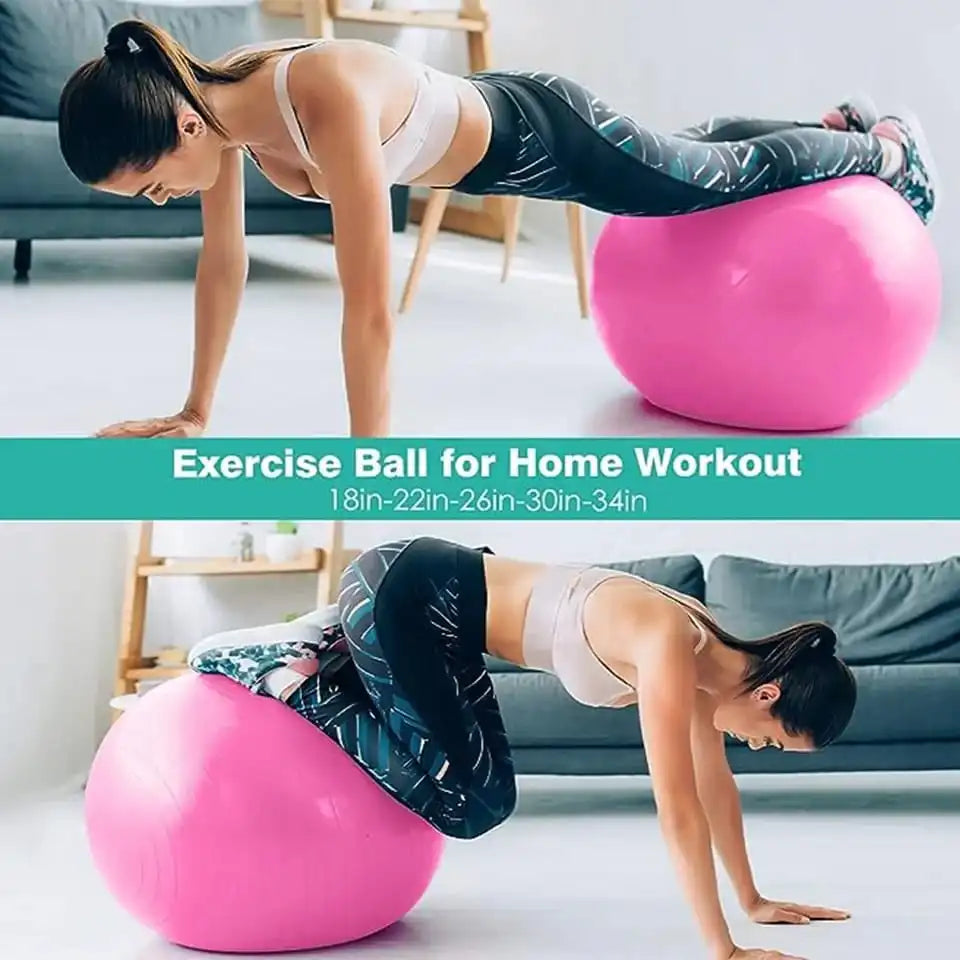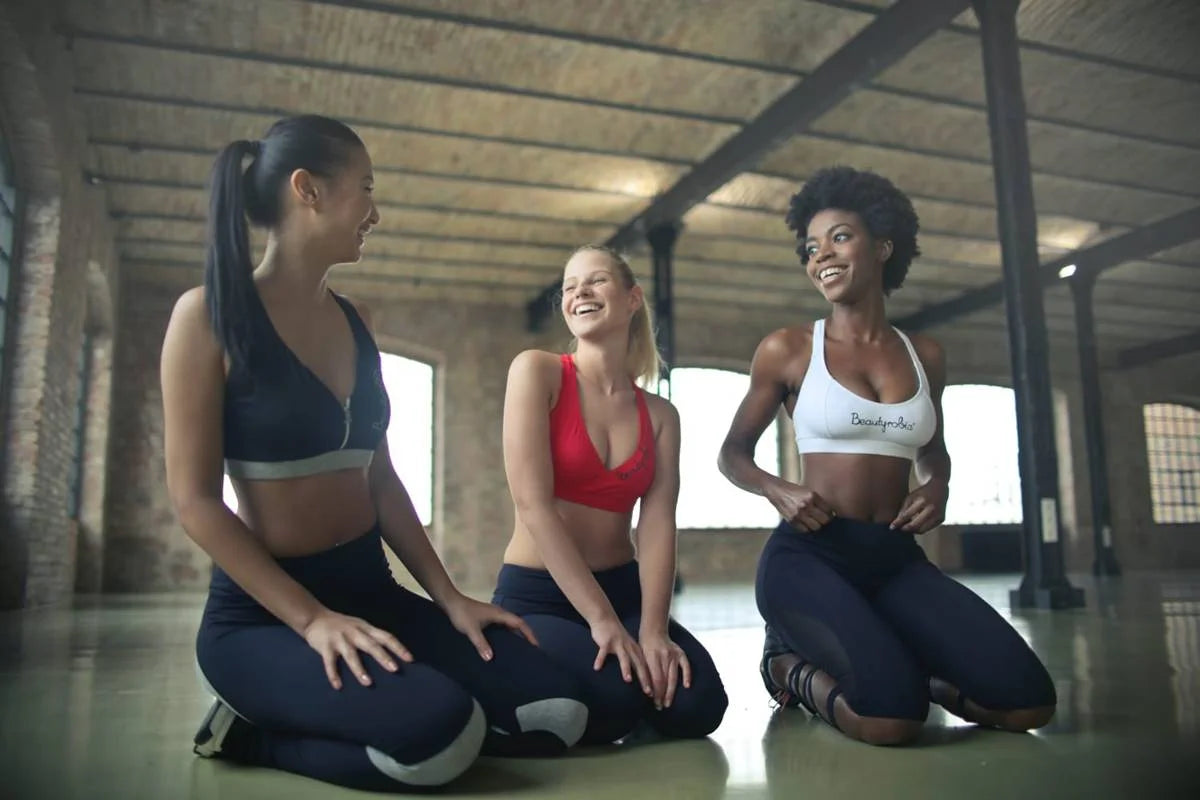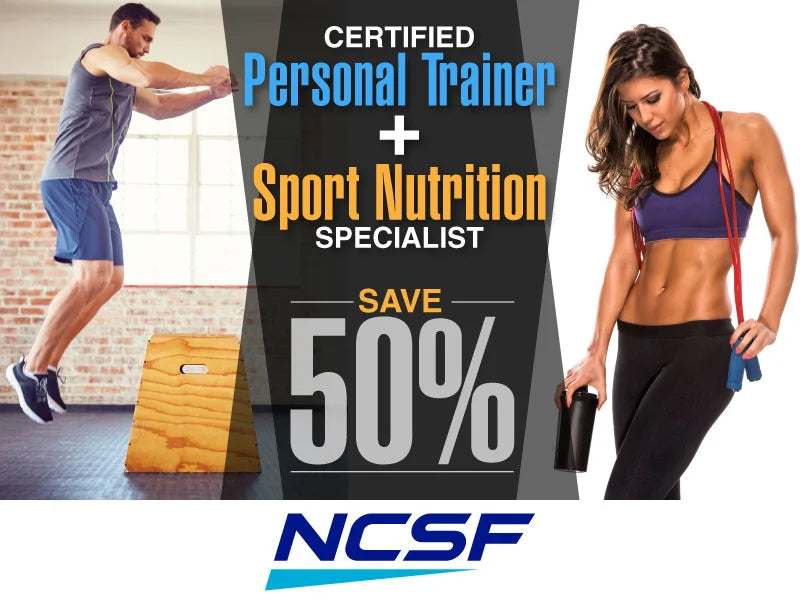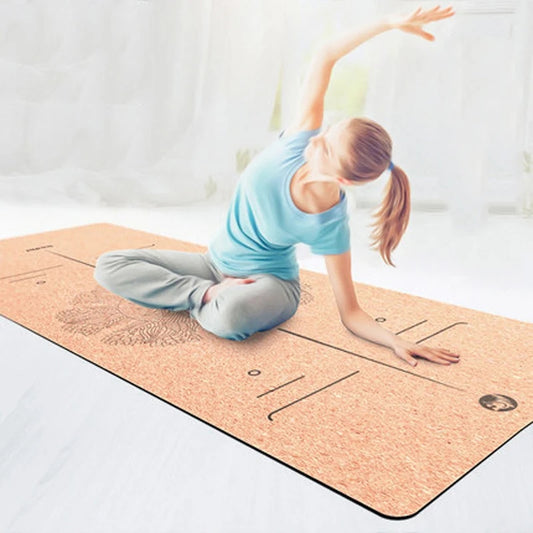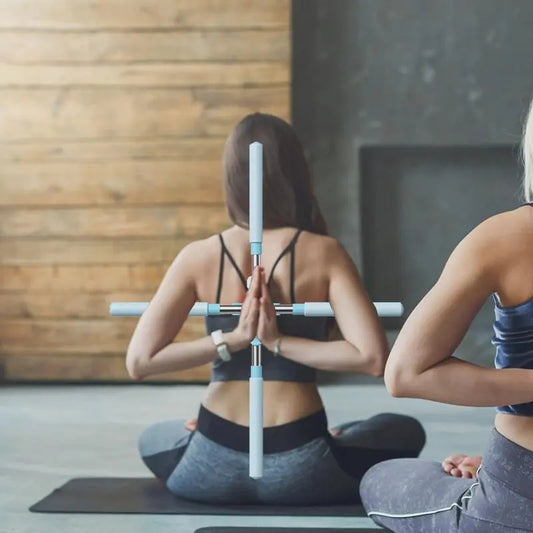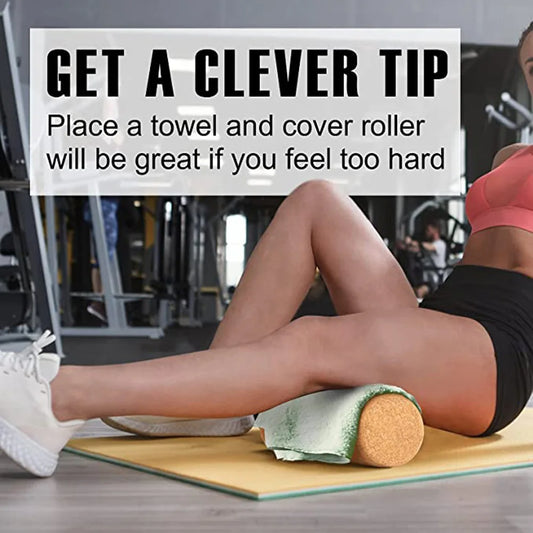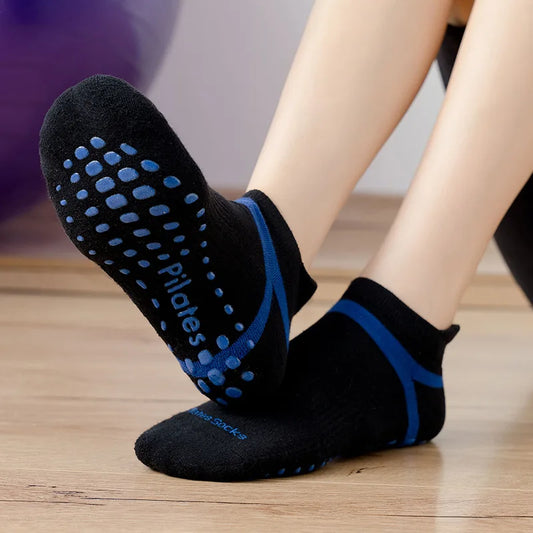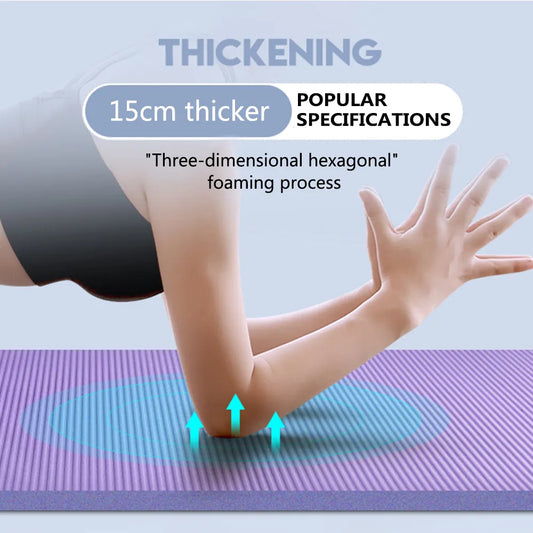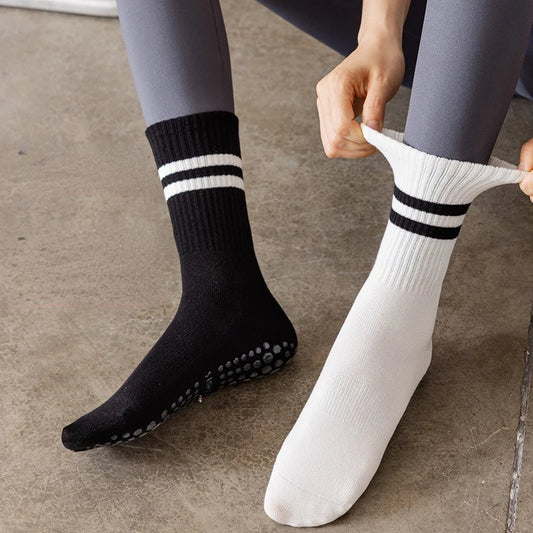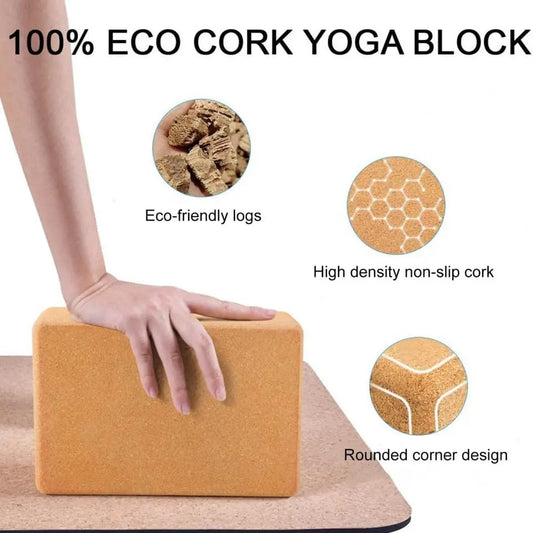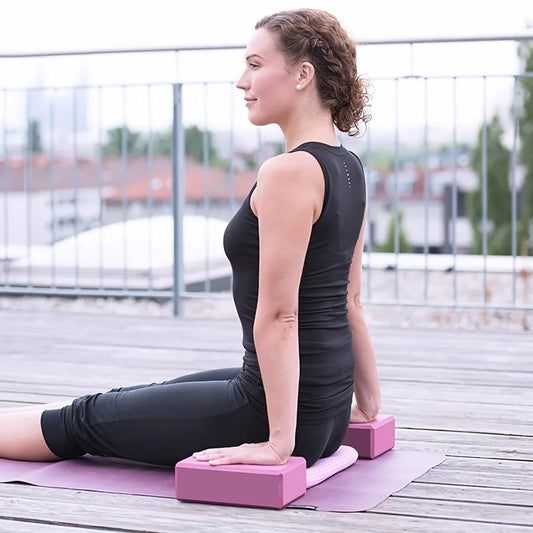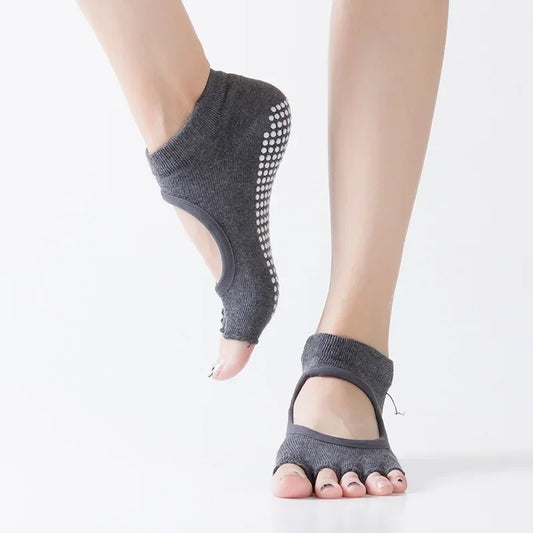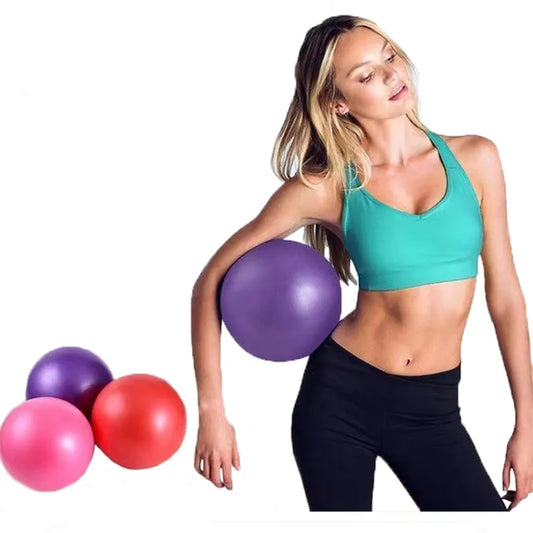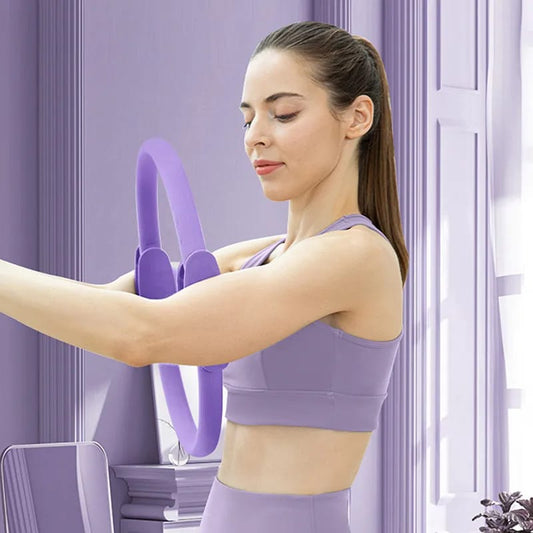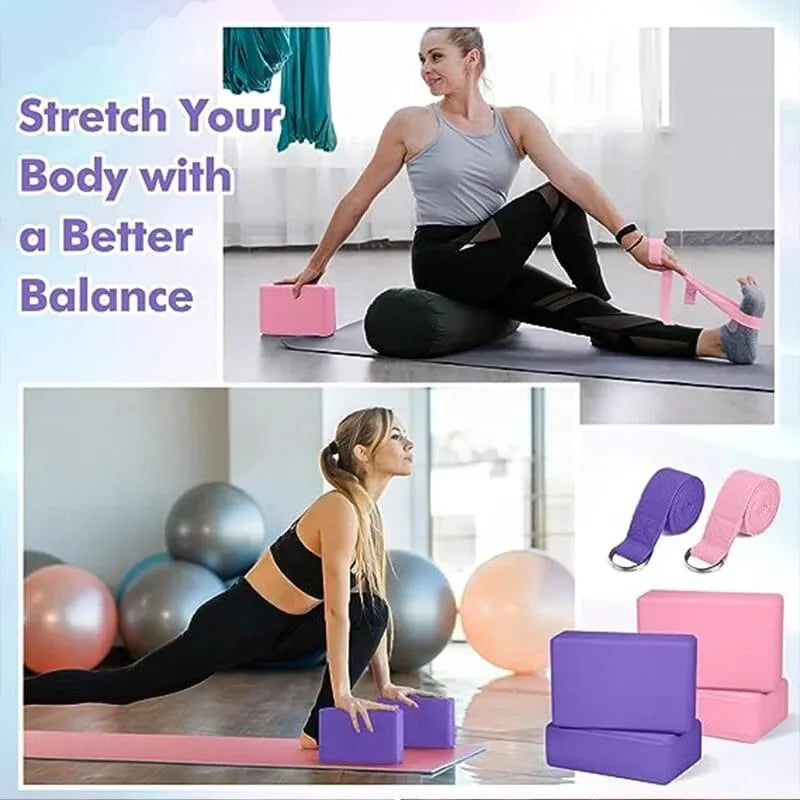Pilates is a fantastic exercise method for beginners as it offers gentle yet effective movements that focus on core strength, flexibility, and body awareness. Here are some tips and considerations for beginners starting Pilates:
-
Start with a Beginner Class: Look for Pilates classes specifically designed for beginners. These classes often provide detailed instruction on fundamental Pilates principles, proper alignment, and basic exercises. Starting with a beginner class can help you build a strong foundation and confidence in your Pilates practice.
-
Focus on Core Engagement: Pilates emphasizes the importance of core engagement in every movement. Learn to activate your deep abdominal muscles (transverse abdominis), pelvic floor muscles, and stabilizing muscles of the spine to support and protect your lower back and improve overall posture.
-
Practice Proper Breathing: Pilates incorporates mindful breathing techniques to facilitate movement, enhance oxygen flow, and engage the core muscles effectively. Practice diaphragmatic breathing, inhaling deeply through the nose and exhaling fully through the mouth, coordinating breath with movement.
-
Listen to Your Body: Pay attention to how your body feels during Pilates exercises. Start with gentle movements and progress gradually, avoiding any movements or positions that cause pain or discomfort. Modify exercises as needed to suit your individual needs and limitations.
-
Focus on Form and Alignment: Proper form and alignment are essential in Pilates to maximize effectiveness and prevent injury. Listen to the cues provided by the instructor and focus on proper alignment of the spine, pelvis, shoulders, and limbs in each exercise. Quality of movement is more important than quantity.
-
Be Patient and Persistent: Like any form of exercise, Pilates takes time and practice to master. Be patient with yourself and allow yourself to progress at your own pace. Consistency is key to seeing improvements in strength, flexibility, and body awareness over time.
-
Use Props for Support: Pilates props such as foam rollers, resistance bands, stability balls, and Pilates rings can provide additional support, resistance, and feedback during exercises. Incorporating props can help enhance the effectiveness of your Pilates practice and add variety to your workouts.
-
Stay Hydrated and Listen to Your Body: Drink plenty of water before, during, and after your Pilates workout to stay hydrated. Take breaks as needed and listen to your body's signals of fatigue or discomfort. Rest when necessary and honor your body's limits.
-
Seek Professional Guidance: Consider taking private sessions or working with a certified Pilates instructor, especially when starting out as a beginner. A qualified instructor can provide personalized instruction, feedback, and modifications tailored to your individual needs and goals.
-
Enjoy the Process: Pilates is not only a physical workout but also a mindful practice that promotes relaxation, stress relief, and overall well-being. Enjoy the journey of discovering your body's strength, flexibility, and potential through Pilates.
Remember, Pilates is a versatile and adaptable exercise method that can be modified to suit people of all ages, fitness levels, and abilities. Whether you're new to exercise or looking to enhance your fitness routine, Pilates offers a safe, effective, and enjoyable way to improve your strength, flexibility, and posture while promoting holistic wellness.

